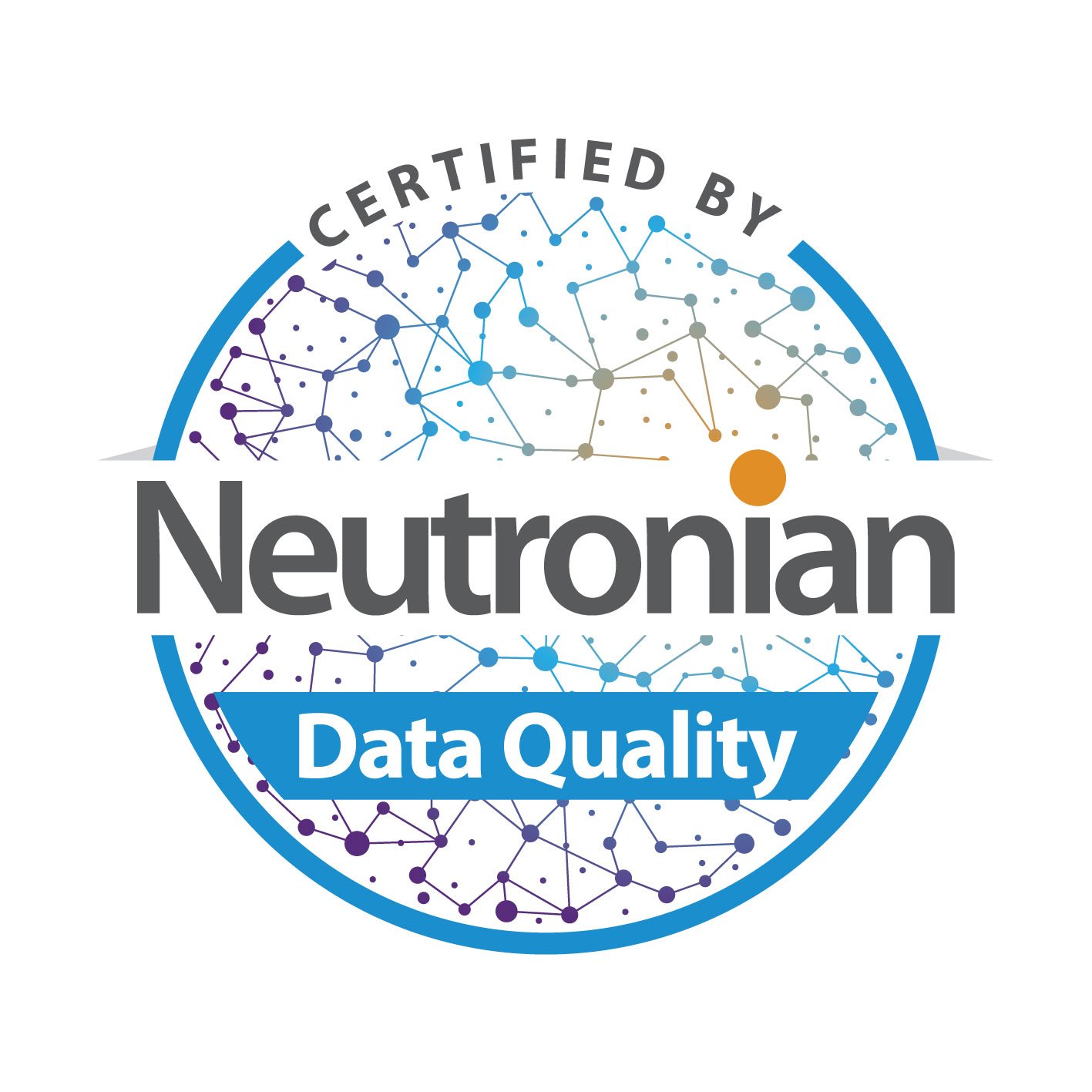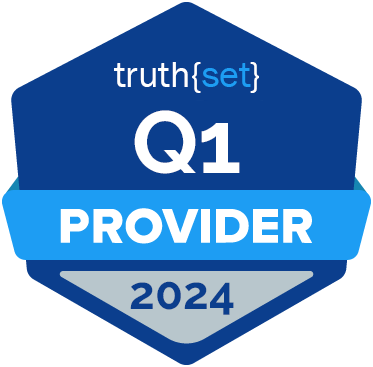Artificial intelligence (AI) might be the newest advertising industry obsession, but the old saying of “garbage in, garbage out” still applies—and warrants heavy consideration as marketers move forward with new AI-driven solutions. No matter how sophisticated the algorithms or how advanced the technology, the success of AI systems fundamentally hinges on the quality of the data they are fed. This is especially true when it comes to using AI for audience targeting and overall campaign optimization.
This truth underscores the critical role of quality data as the cornerstone of AI efficacy and the necessity for data-driven marketers to prioritize data quality within their AI strategies.
Quality Data as the Starting Place
Quality data serves at the core of AI, providing the raw material upon which algorithms operate and learn. Without reliable, accurate, and relevant data, AI systems are bound to produce flawed insights, inaccurate predictions, and subpar outcomes. This reality is particularly evident in scenarios where AI applications are deployed in particularly sensitive verticals such as healthcare and finance, where even minor inaccuracies can have profound consequences.
One of the primary challenges in leveraging AI effectively lies in the acquisition and curation of high-quality data. In many cases, organizations wrestle with disparate data sources, inconsistent formats, and data silos, which can impede efforts to harness AI's full potential. Moreover, the proliferation of big data intensifies these challenges, as the sheer volume of data can obscure valuable insights and increase the risk of errors.
When it comes to acquiring the data needed to fuel AI-driven tools—whether it’s marketing systems designed to improve a brand’s retention and acquisition efforts, or business development tools designed to help companies identify new and underserved markets—it’s unlikely that the business is going to have all of the data needed within its own databases and customer files. For the most part, companies will need to turn to external partners to expand the seed data available to feed AI-powered algorithms.
In selecting third-party data sources—particularly when seeking high-quality data inputs for AI-driven systems—companies need to ensure their data partner’s data and practices meet the following criteria:
- Accuracy and Relevance: The data should be precise and relevant to the specific needs of the AI application. Accuracy is key in training AI models to make correct predictions or decisions.
- Comprehensiveness: The data set should be sufficiently large and comprehensive to cover various scenarios and cases that the AI might encounter. A more comprehensive data set leads to a more robust and capable AI system.
- Timeliness and Freshness: The data should be current and regularly updated. AI models can quickly become outdated if trained on old data, especially in fast-changing industries.
- Diversity and Representation: The data should be diverse and representative of different demographics, viewpoints, or cases. This helps in building fair, unbiased AI systems that perform well across a wide range of scenarios.
- Data Integrity and Quality Control: The source should have strong quality control measures in place to ensure data integrity. This includes checks for data consistency, completeness, and accuracy.
- Privacy Compliance and Ethical Considerations: The data must be collected and used in compliance with privacy laws and ethical standards. This is particularly important to maintain consumer trust and avoid legal risks. Companies should seek data partners that work with third parties to audit and validate not only the quality of their data, but also its adherence to strong privacy protocols.
- Data Source Transparency: Understanding the origin of the data is important. Knowing how data is collected, processed, and stored can reveal potential biases or quality issues.
By thoroughly evaluating potential data sources against these criteria, marketers can significantly increase the chances of their AI-driven strategies being effective, ethical, and compliant with regulations.
Partnering for Success in an AI-Driven Landscape
To thrive in an AI-dominated marketplace, brands must adopt a proactive approach to data management and prioritize initiatives aimed at enhancing data quality. Brands can turn to their data partners for trusted high-quality and compliant data.
Data cooperatives like Alliant can enable Members to access a broader and more diverse range of data while ensuring rigorous quality control measures are in place. This collaborative approach not only enhances the quality of individual datasets but fosters a culture of responsible data usage within the broader AI community.
Data cooperatives offer multiple benefits for businesses in an AI-driven marketplace, including:
- Enhanced Data Quality and Volume: Cooperatives can aggregate large volumes of data from various sources, providing businesses with access to richer and more diverse data sets. This is essential for training more accurate and efficient AI models.
- Cost Efficiency: Joining a data cooperative can be more cost-effective than acquiring data individually. Shared resources mean shared costs, making high-quality data more accessible.
- Risk Mitigation: Leading data cooperatives have stringent privacy and security protocols, which helps businesses mitigate risks associated with data privacy laws and cyber security threats.
By leveraging the collective strength of data cooperatives, marketers can better navigate the challenges and opportunities of an AI-driven marketplace. But remember: Not all cooperatives are created equal, particularly when it comes to serving the distinct needs of AI-focused marketers. For example, while many cooperatives offer an aggregated view of consumer orders and preferences, Alliant collects transaction-level details for each and every purchase — including “positive” and “negative” behaviors — which gives us the power to predict the value of every consumer for any offer. This granularity and detail is key to fueling stronger AI and predictive models.
Ultimately, the success of AI hinges on the quality of the data it relies upon. By recognizing the critical importance of quality data and taking proactive steps to prioritize data quality initiatives, marketers can unlock the full potential of AI and drive meaningful results. In an increasingly data-driven world, quality data isn't just an essential ingredient for AI success—it's the foundation upon which future progress depends.

















Submit a Comment